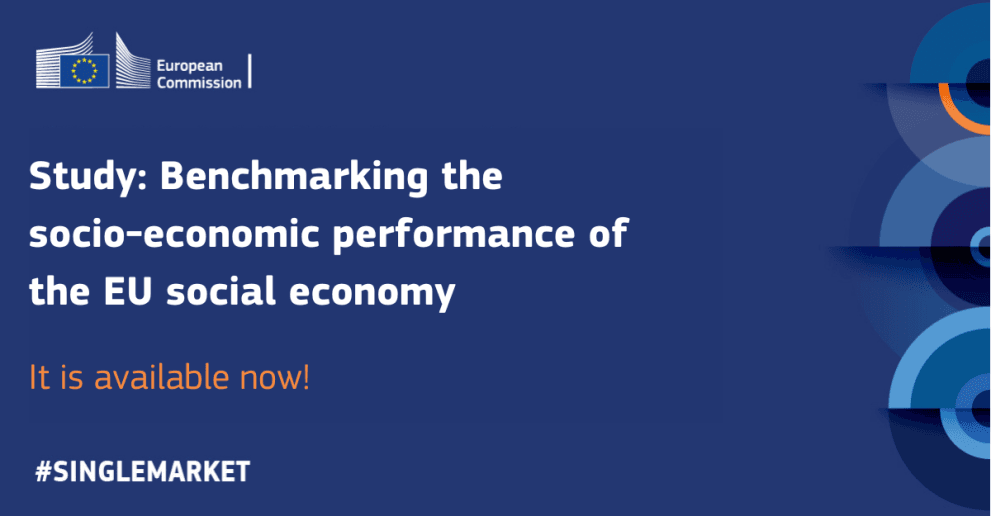AI-Generated Summary
Context and Purpose
This report, published by EURICSE, CIRIEC, and Spatial Foresight, provides a comprehensive analysis of the socio-economic performance of the social economy across the European Union. It was commissioned as part of the European Commission's 2021 Social Economy Action Plan, which aims to enhance the role of the social economy in Europe. The research highlights the importance of social economy entities in contributing to employment and economic turnover within the EU.
Key Findings
There are over 4.3 million social economy entities within the EU, collectively employing at least 11.5 million people, which accounts for approximately 6.3% of total employment across the region. These entities generate a substantial turnover exceeding €912 billion. This demonstrates the critical role that the social economy plays in the EU’s labor market and economic landscape.
Composition of the Social Economy
The social economy is composed of a diverse range of organizations, including cooperatives, mutual societies, associations, foundations, and social enterprises. Among these, associations are the most prevalent, totaling around 3.8 million, followed by cooperatives, which number about 240,000. The report estimates that there are approximately 246,000 social enterprises, with around 43,000 being legally recognized and 203,000 classified as de facto entities.
Employment Distribution
Employment distribution within the social economy reveals that the highest number of jobs is found in associations, employing approximately 6.2 million individuals, while cooperatives provide jobs for about 3.3 million. Notably, at least 3.3 million people are employed in health and social care sectors, 702,000 in education, and 622,000 in arts, culture, and entertainment. This data underscores the significant impact of the social economy on various critical sectors that contribute to community well-being.
Challenges in Data Availability
Despite the extensive scope of the social economy, challenges persist regarding data availability and comparability across different EU member states. Only a limited number of countries have comprehensive national statistics on the social economy, which hampers the ability to fully assess its impact and development.
Recognition Variability
The recognition and understanding of the social economy concept vary significantly among EU member states. Some Western European nations have a stronger tradition and understanding of social economy principles compared to others, indicating a need for further education and awareness-building across the region.
Future Directions
The study aims to enhance data collection and representation of the social economy at both national and EU levels, collaborating closely with researchers from all 27 member states. This initiative is essential to improve the visibility and understanding of the social economy, enabling better policy-making and support for sustainable economic practices. In summary, this report presents the most comprehensive overview of the EU social economy to date, emphasizing its size, scope, and the areas that require further statistical development. The findings are vital for stakeholders interested in the sustainable housing sector, as they highlight the integral role that social economy entities can play in fostering sustainable practices and community well-being across Europe.
